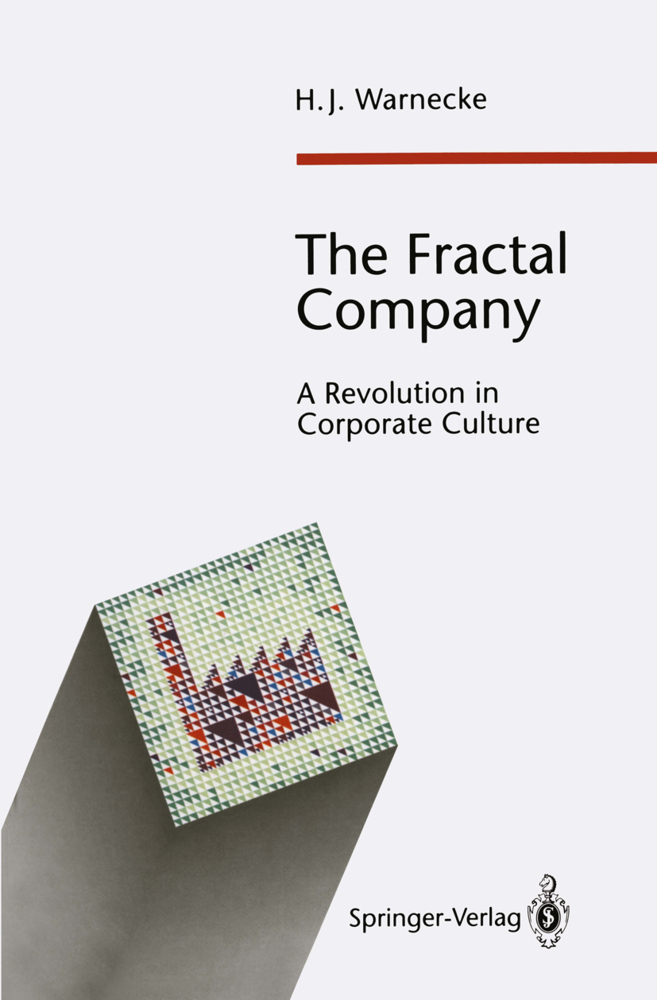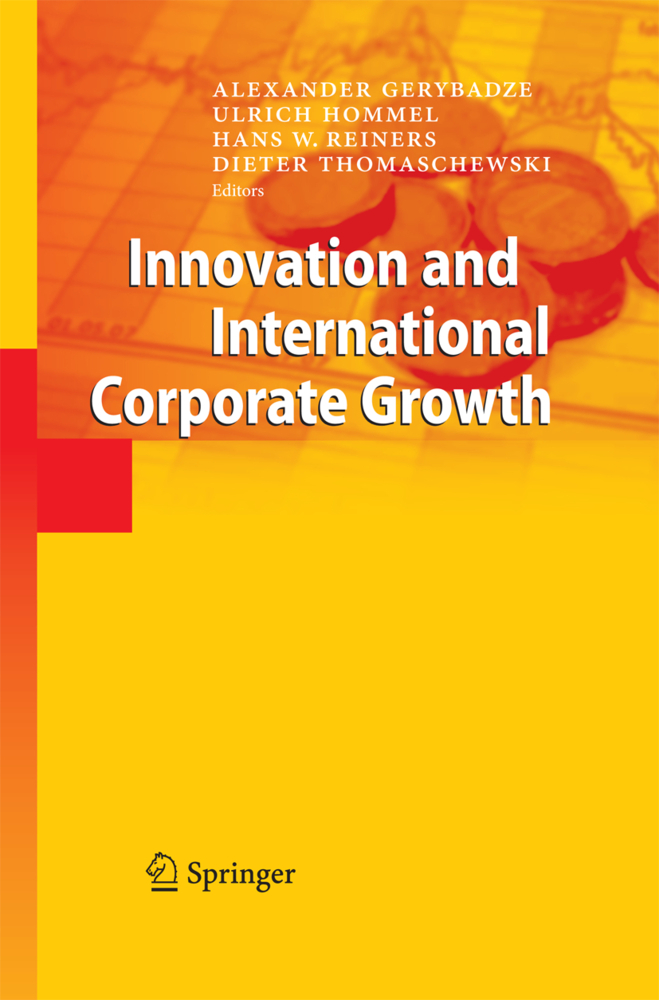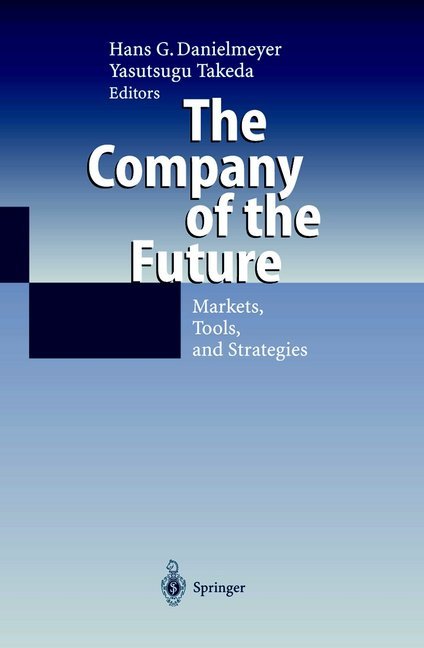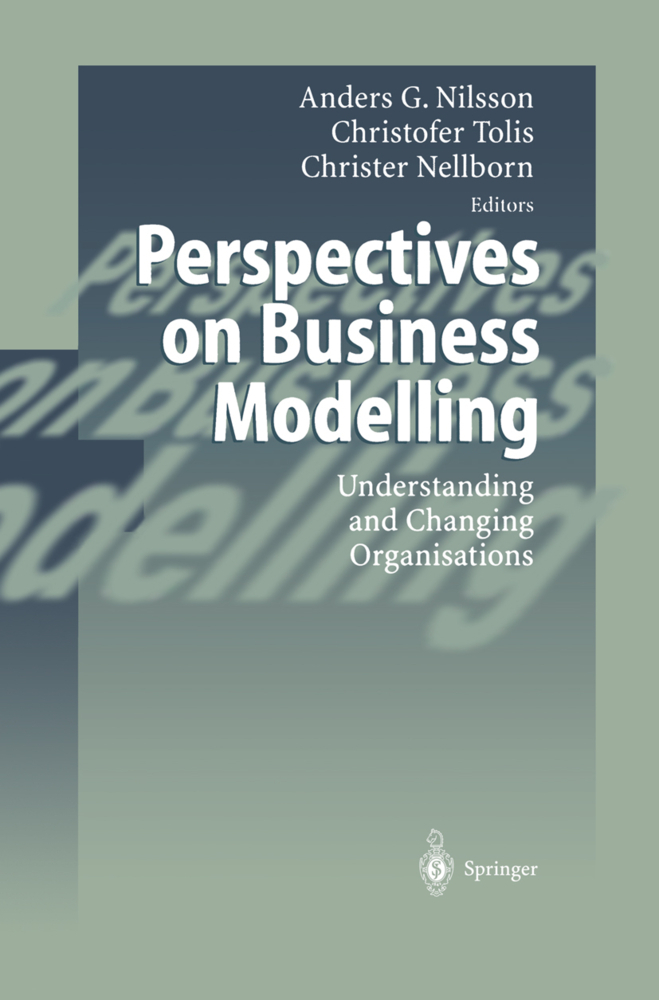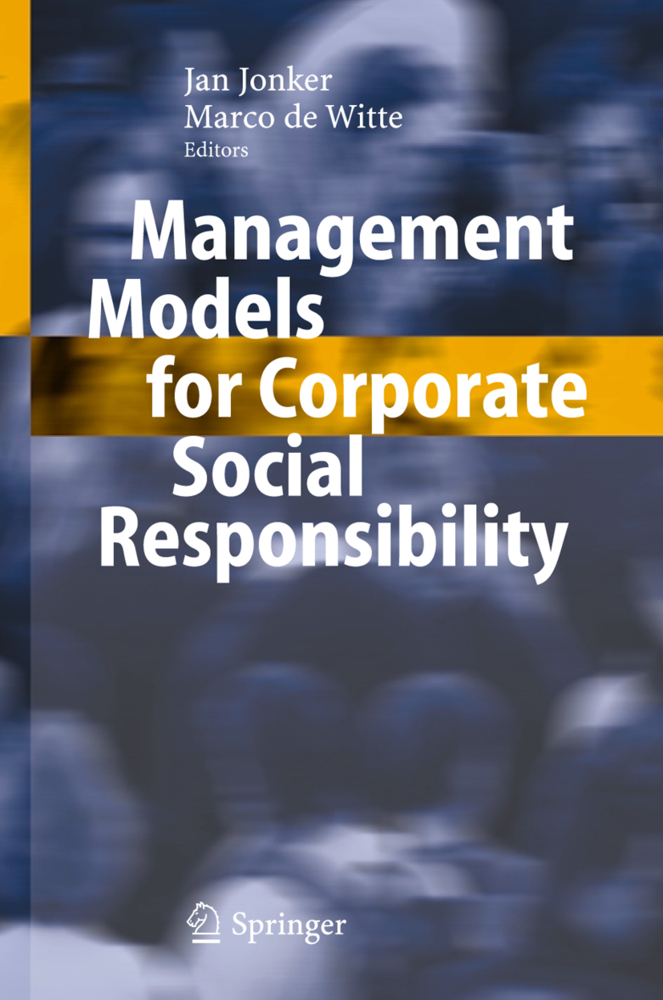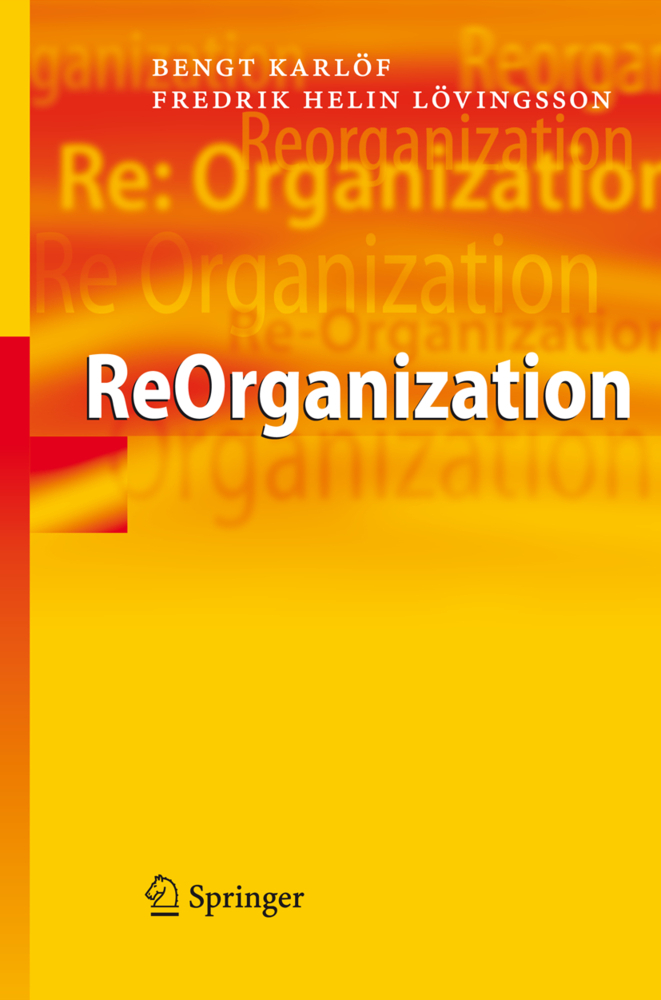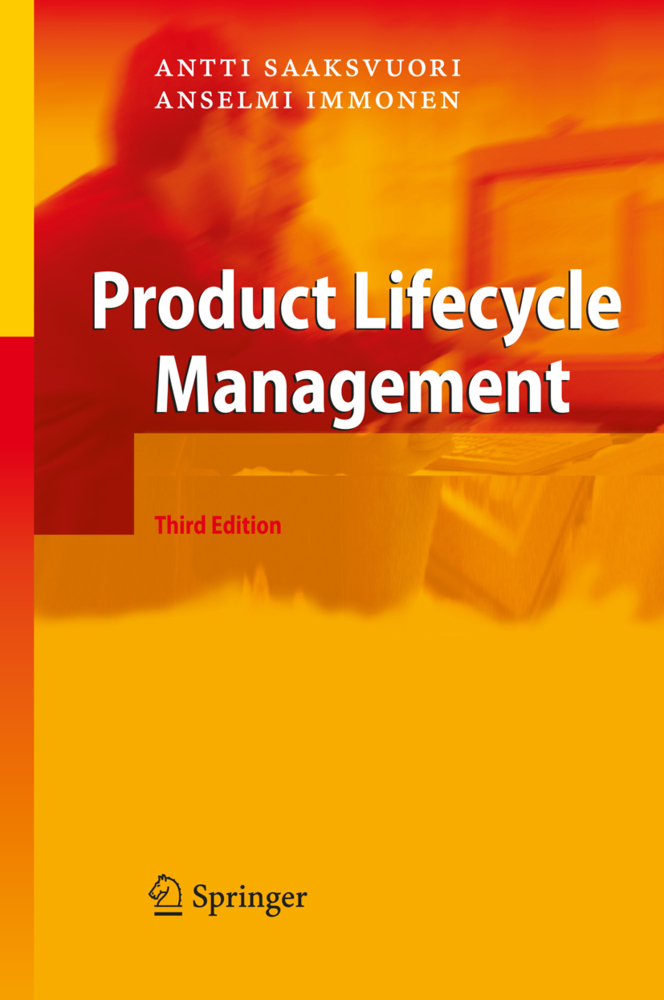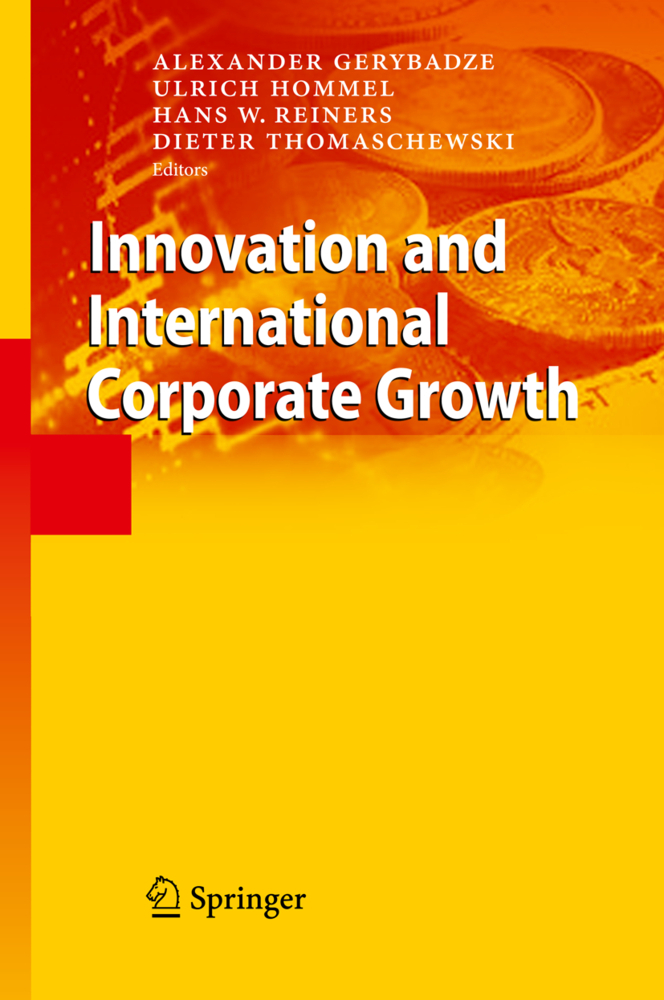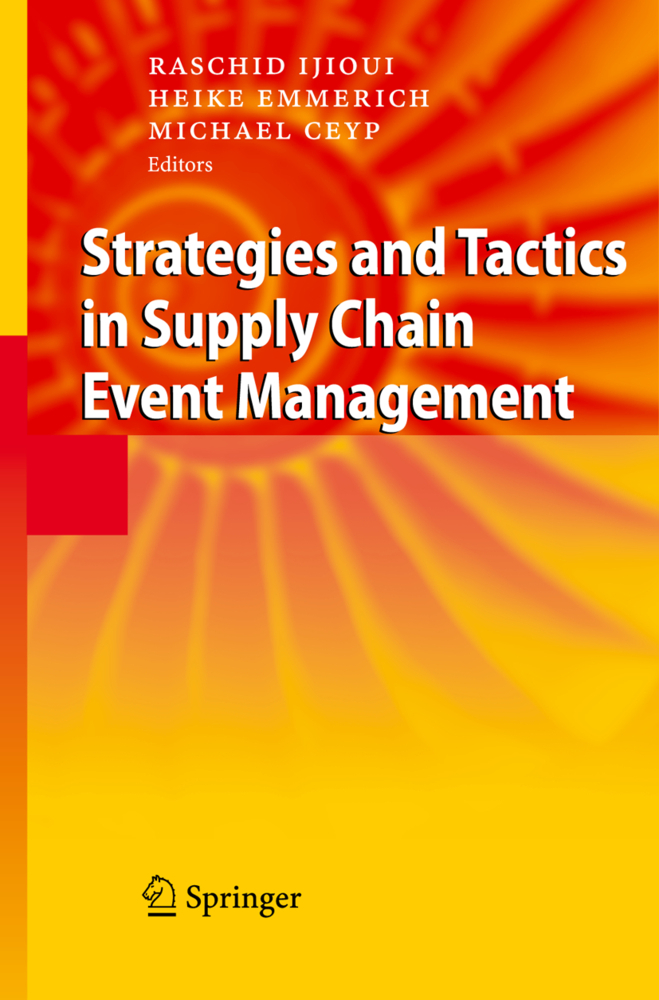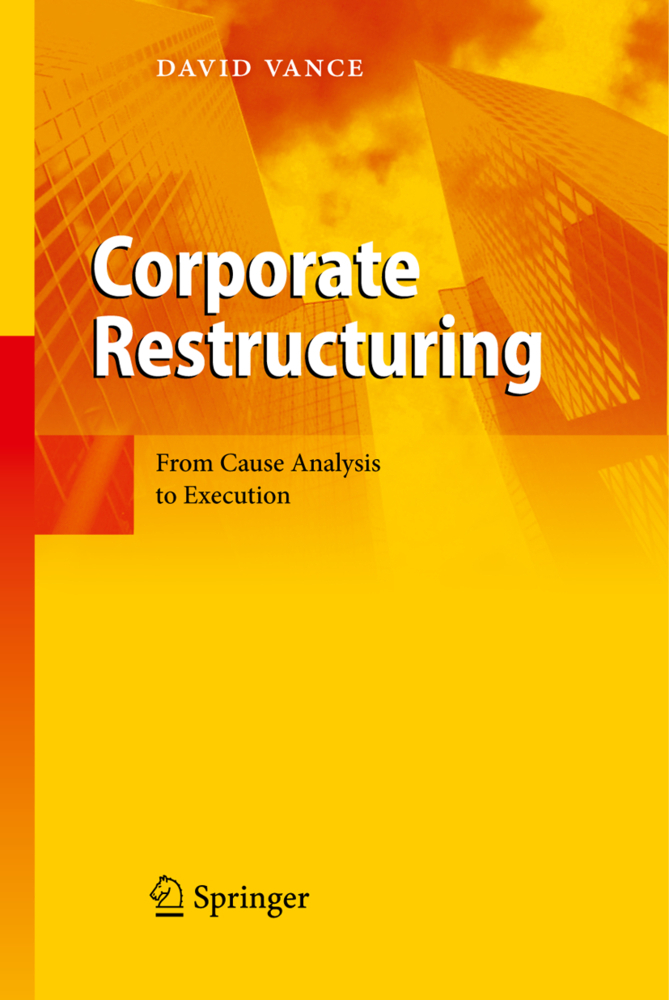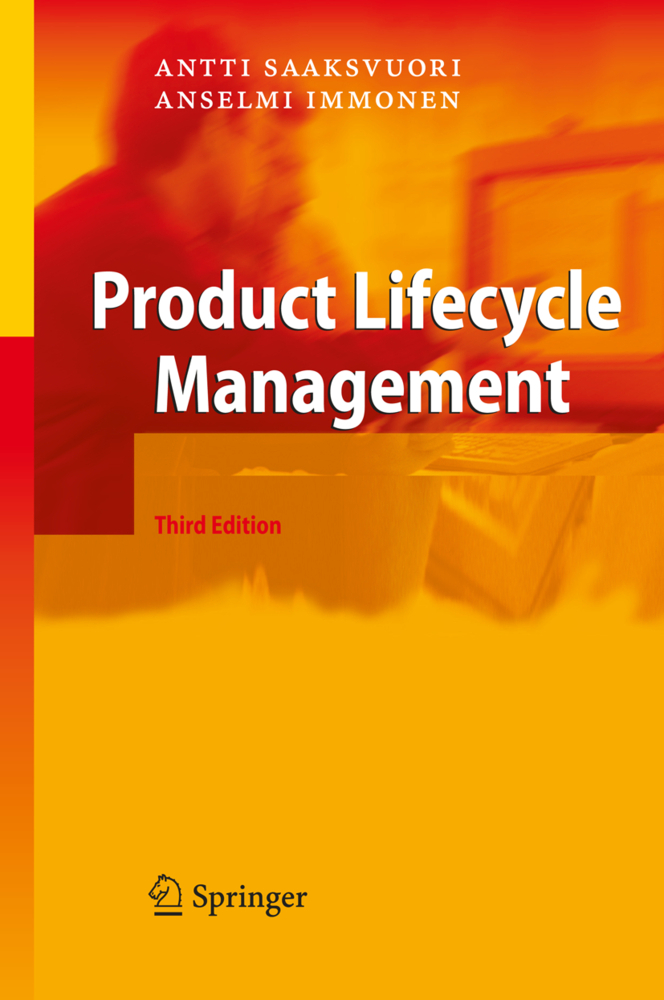The Fractal Company
A Revolution in Corporate Culture
The Fractal Company
A Revolution in Corporate Culture
The author describes the predicament of an industry which is coming under increasing pressure in the world market and is seeking new approaches to the challenges arising. Then, by drawing an analogy to the paradigm shift taking place in the natural sciences, he discerns the need for product engineering to similarly cast aside existing deterministic philosophies. Self-similarity, self-organization and dynamics are the principles from which the manufacturing corporation of the future, perceiving its identity as a service enterprise, will draw its models. Constant structural development and the maximum exploitation of staff potential will provide new ways of utilizing one's own strengths to best advantage. This insight creates a long-term perspective for retaining competitiveness in the twenty-first century.
Changes through industrial revolutions
The question of factory location
Man and employment - aspects of sociology and ergonomics
The division of labor - a feature of an efficient economy
Why are successful businesses successful?
Outlines of some approaches from the USA and Japan
Cultural consequences are more serious than technical consequences
3. Organizational Design - a Key Component of Strategy
More knowledge - less plannability
Service in competition - we are all suppliers and customers
Complexity and specialization
Information as a production factor
The factory of the future?
Order and chaos - two complementary views of the world
Structure formation through self-organization
The world of fractals
4. The Fractal Factory - an Integrating Approach
Definition
The characteristic of self-similarity
The characteristic of self-organization
The characteristics of dynamics and vitality
An old rule: simplify and maintain order
Communication and information
Goal-formation processes
Navigation and control
Management and the workforce
Performance assessment and evaluation
Working hours
The way to the Fractal Factory - an exemplary case-study
5. A Glance into the Future.
1. Survival in a Turbulent Environment
2. Manufacturing - Yesterday, Today and TomorrowChanges through industrial revolutions
The question of factory location
Man and employment - aspects of sociology and ergonomics
The division of labor - a feature of an efficient economy
Why are successful businesses successful?
Outlines of some approaches from the USA and Japan
Cultural consequences are more serious than technical consequences
3. Organizational Design - a Key Component of Strategy
More knowledge - less plannability
Service in competition - we are all suppliers and customers
Complexity and specialization
Information as a production factor
The factory of the future?
Order and chaos - two complementary views of the world
Structure formation through self-organization
The world of fractals
4. The Fractal Factory - an Integrating Approach
Definition
The characteristic of self-similarity
The characteristic of self-organization
The characteristics of dynamics and vitality
An old rule: simplify and maintain order
Communication and information
Goal-formation processes
Navigation and control
Management and the workforce
Performance assessment and evaluation
Working hours
The way to the Fractal Factory - an exemplary case-study
5. A Glance into the Future.
Warnecke, Hans-Jürgen
Hüser, M.
Claypole, M.
| ISBN | 978-3-642-78126-1 |
|---|---|
| Artikelnummer | 9783642781261 |
| Medientyp | Buch |
| Copyrightjahr | 2011 |
| Verlag | Springer, Berlin |
| Umfang | XVI, 228 Seiten |
| Abbildungen | XVI, 228 p. |
| Sprache | Englisch |

